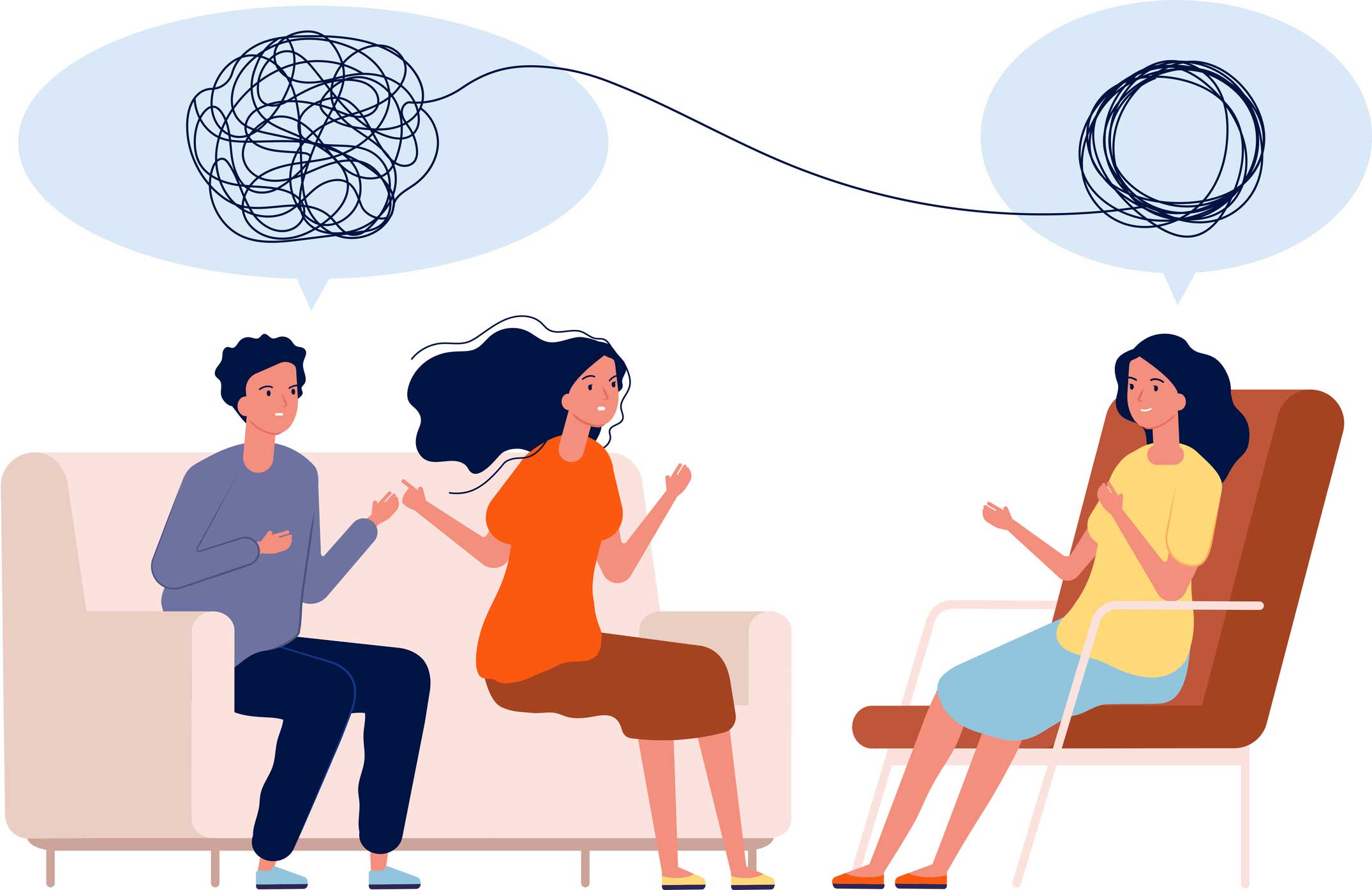An interesting research study from Columbia University reinforces something we already know. A law professor named Jennifer Robbennolt discovered that admitting guilt seems to be a central ingredient in a sincere apology. She also discovered that a full apology is more likely to result in the quick settlement of a lawsuit in certain kinds of cases.
145 people aged 21-70 were given a hypothetical accident scenario. They were supposedly involved in an accident with a bicyclist. The cyclist was at fault but offered a settlement that only covered their medical costs. The results showed:
- 52% accepted the money when there was no apology
- 73% accepted the money when there was a full apology
- 35% accepted the settlement when the apology was only partial and the bicyclist did not take responsibility for the collision.
Robbennolt's research suggests that people who feel injured or wronged want to know that the other understands the essence of what they did wrong. She also found that the more severe the injury, the more people believed that the perpetrator – in this case the bicyclist – must apologize. (Study reported by William Whitney in Psychology Today February 2004)
This reminded me of so many therapy sessions with couples where one partner has deceived the other about an ongoing affair. The deceived partner is looking for a sincere apology about the effects of the affair. The other often wants to rush through it with minimal expression of guilt. Frequently, they will make excuses, avoid discussions and hide relevant information.
Sometimes even expensive gifts are given in an attempt to resolve the affair and alleviate unspoken guilt. A common complaint is, “I said I was sorry. Why aren't you getting over it faster? Why are you beating me up?”
A main reason they are not getting over it faster is that a sincere admission of guilt is missing. Acknowledging guilt to a loved one is usually quite wrenching, but also essential. In the middle stage of treatment with couples like these, I work to encourage accountability. Accountability includes telling the truth and providing information about unknown essential facts. It also involves some soul-searching self reflection.
The question, “Why did I decide to deceive you?” is crucial to answer. The answer to this question inevitably involves either an admission of guilt or a continuation of an evasive pattern.
It will help both partners determine whether the deception was in or out of character for the deceiving partner. Discussing this question enables both partners to recognize that there are relationship consequences from decided deception.
Another outcome of this soul-searching is that it increases this partner's level of differentiation. It allows the “guilty” partner to be pro-active in initiating repair attempts or acknowledging potentially stressful situations in the future.
For example, a man and his wife were invited to a family wedding that was to take place in the hotel he had frequented with his lover. Instead of waiting for his wife to make the connection, he initiated the following discussion:
“I know that being at the Mt. Royale Hotel might be hard for you. I am sorry that what I did left this black hole in our lives and created unnecessary pain for you. Is there anything that I can do to make going to this wedding easier for you?”
She replied, “You just did it. I appreciate your recognition of this potential trigger – and that you aren't hiding from your guilt. I believe I can go and have fun with you.”
There is an old African saying that expresses what I am conveying this month better and shorter than I have said it: “What is most difficult for a person to perceive is the fault within him/herself. It is easier to put out fire in the house of neighbors than to deal with the smoke in one's own.”
We help couples struggling with love affairs in Menlo Park, San Francisco, San Mateo, Redwood City, San Jose, Campbell and the surrounding areas


 We respect your privacy.
We respect your privacy.



